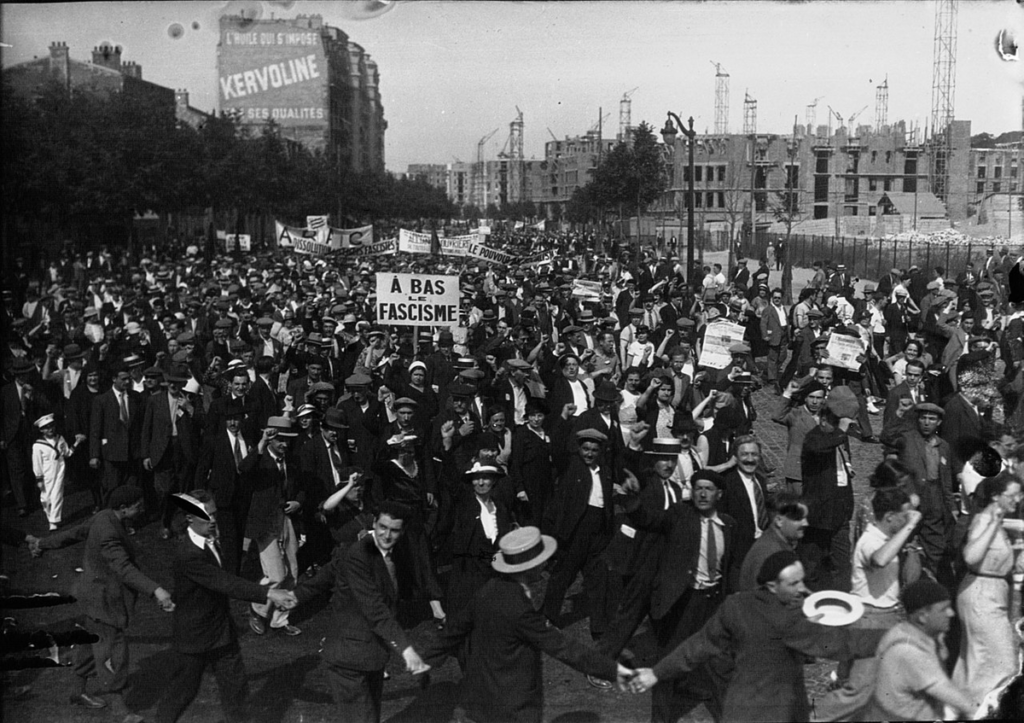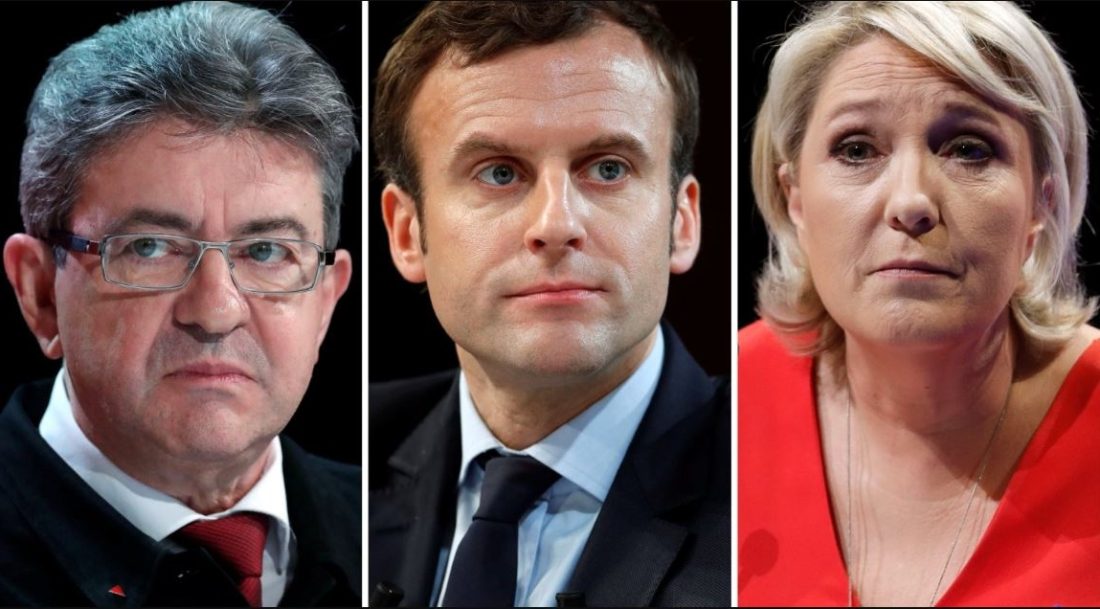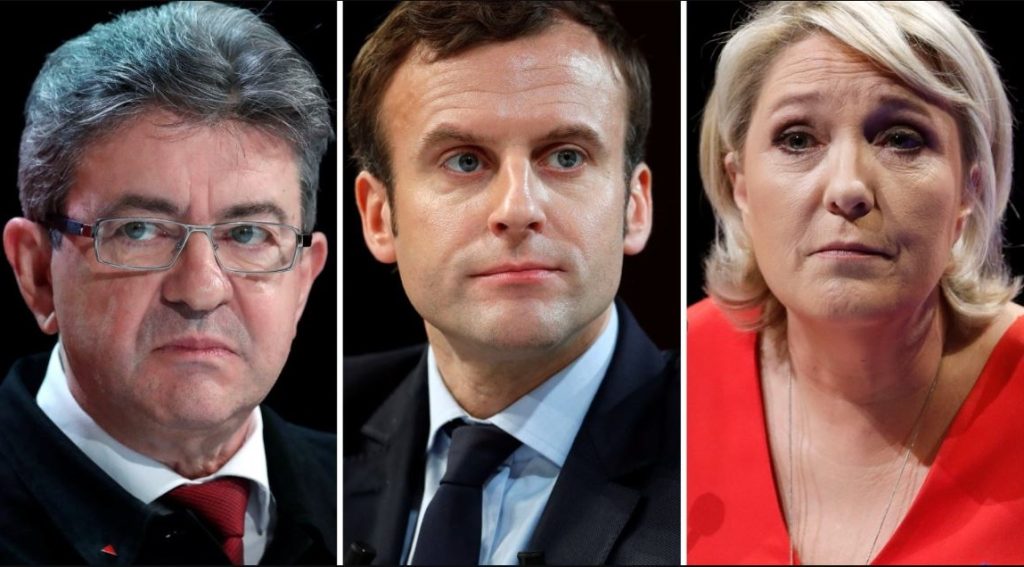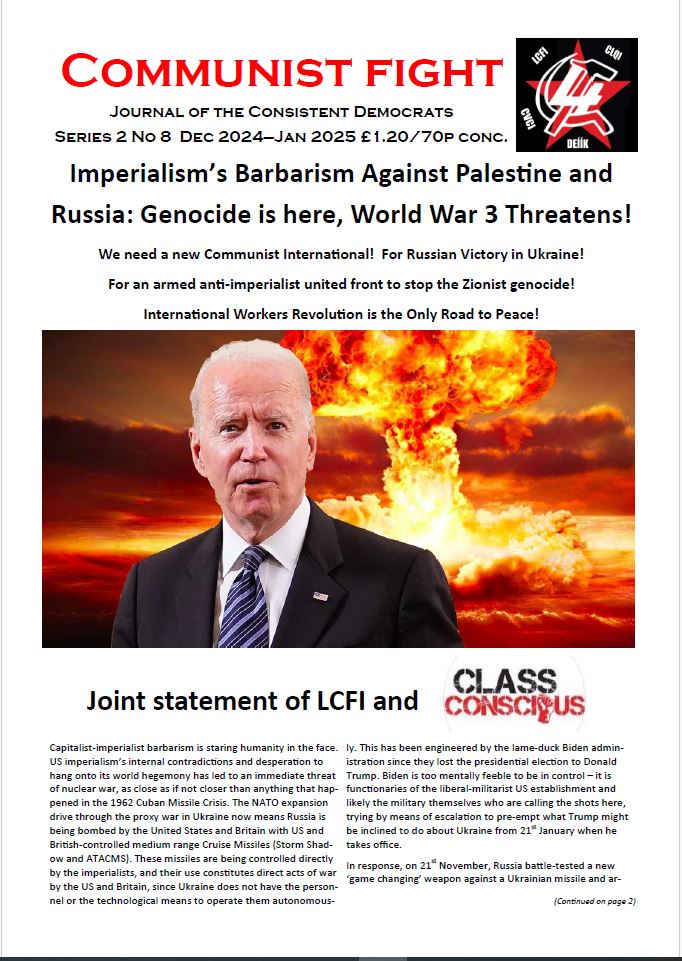Below is a presentation given by a Consistent Democrats speaker at a Zoom forum on 29th September 2024. The whole discussion is available as a podcast here.

This is a crucially important topic. The united front is a vital necessity for those struggling against any form of class exploitation or even extra-class oppression. It is something that communists always fight for as a matter of principle when we are involved in a class struggle. It is worth revisiting Marx and Engels’ Communist Manifesto when looking into the roots of this. In the passage titled ‘Proletarians and Communists’, they write:
“In what relation do the Communists stand to the proletarians as a whole?
“The Communists do not form a separate party opposed to the other working-class parties.
“They have no interests separate and apart from those of the proletariat as a whole.
“They do not set up any sectarian principles of their own, by which to shape and mould the proletarian movement.
“The Communists are distinguished from the other working-class parties by this only: 1. In the national struggles of the proletarians of the different countries, they point out and bring to the front the common interests of the entire proletariat, independently of all nationality. 2. In the various stages of development which the struggle of the working class against the bourgeoisie has to pass through, they always and everywhere represent the interests of the movement as a whole.
“The Communists, therefore, are on the one hand, practically, the most advanced and resolute section of the working-class parties of every country, that section which pushes forward all others; on the other hand, theoretically, they have over the great mass of the proletariat the advantage of clearly understanding the line of march, the conditions, and the ultimate general results of the proletarian movement.”
This is the essence of communist tactics in the united front. We are the firmest advocates of unity in action of working-class forces. We apply this tactic to mass trade unions, to parties that claim to stand for the interests of the working class, etc. We argue for unity in action of all forces that have an interest in a struggle, irrespective of particular political views. Operationally, the political views of those who involve themselves in a struggle ought to be irrelevant.
Rarely will a united front involve a single, discrete action. Usually, it involves a series of actions in pursuit of a particular objective. The objective might be ongoing – e.g. to organise regular demonstrations against the imperialist proxy war in Ukraine. I.e. IUAFS. We champion the rights of all those who involve themselves in such a struggle to argue their own views about the way it is conducted. The only restriction on that is practical – if we are involved in a life-or-death struggle/action right now, an outbreak of discussion during the action is likely to derail that action. But as soon as that action is carried out, there must be full freedom to criticise it, and the conduct of all involved in it, by all involved.
This is particularly relevant when we are talking about the participation in struggles of political formations that have some sort of class contradiction within them. For instance, bourgeois workers parties like the Labour Party. Which are likely to have elements in the leadership who are hostile to the aims of a particular struggle. For instance, the struggle against British troops in Ireland, or against the Iraq War. It was the Labour Party that sent British troops into Ireland in 1969. It was the Labour Party under Tony Blair that invaded Iraq. At the same time there are elements in the Labour Party, on its left-wing, who oppose these things, and might want to join in a united front against them. We welcome their participation and seek to encourage and deepen their involvement in the struggle. That is a key part of the non-sectarian, unity in action ethos of the united front, and our participation in it. The aim is that the bigger platform, with more diverse forces involved, will attract greater numbers of previously uninvolved masses to take part in the struggle.
But here is where freedom of criticism becomes absolutely crucial. The presence of left reformists and the like not only expands the scope of those likely to be drawn into a struggle. It also has the potential to undermine it. Because those from the reformist party that support the struggle also have party loyalties, to the party leadership that may well be the main antagonist of the struggle. They may not want to ‘burn their bridges’ within the party, or risk being thrown out of it. They may also have qualms about the radical tactics, the mass actions, necessary to really win the struggle and defeat their own party leadership. Or they may be in a party in opposition, that verbally supports the struggle, and yet has similar qualms about the actions necessary to win.
This is where freedom of criticism is crucial. Communist criticism. The communists must be free to expose these inadequacies of their bloc partners and allies to all those who have been drawn into the struggle. Sometimes at such a point, the reformists will take offence and violate the ethos of freedom of criticism. They will attempt to impose ‘discipline’ on the participants in a united front to stop such criticism. Then the continuation of the united front may become unprincipled, and it will be necessary for the communists to break it, to break this ‘discipline’ that the reformists attempt to impose, to expose such treachery to the objectives of the struggle.
There is nothing wrong with breaking with a united front, if there are sufficient reasons to do so. Such a break by the communists can become a living factor in itself, put increased political pressure on the more right-wing participants in the united front, and lead to the reestablishment of a united front later on a healthier basis. That would be a political defeat for the right wing.
Failure to do this in some ways brings us onto the topic of what a popular front is. A united front does not necessarily exclude all bourgeois elements. A united front to defend a political prisoner, or against an attack on gay rights, for instance, may attract a degree of bourgeois support. That is just fine, provided full freedom of criticism is maintained. It is what happens when it is not where the problem of popular frontism begins.
A particularly high level of united front may be a campaign to elect to office the candidates of a working- class party, even one with a partially bourgeois programme like the Labour Party. It may well be that communists will participate in such an election campaign, and seek to push the reformist party into power, so that its promises can be tested before the masses, to see whether it will really fight for them, or whether it will betray them in power. It is obvious that the communists will demand full freedom of criticism of the reformists both during the election and afterwards, which is particularly relevant when the party is indeed elected. This may well be the ideal situation for a substantial revolutionary organisation to begin to really grow. Such situations are ideal but have so far been quite rare.
But there are other situations where the reformists are not keen to be thrust into office alone. They either do not have enough support, and are looking for a shortcut, or are looking for an alibi to excuse whatever treachery they may do in power. This is a starting point of a popular front on the electoral, governmental level (there are also popular-frontist blocs possible on the non-electoral level – more on that shortly). The reformist, bourgeois workers party will run for office in a bloc with some kind of outright bourgeois party, (e.g., Liberal Democrats, Greens, etc). Or a smaller reformist party may try to hang on the coat-tails of a much larger bourgeois party, using the excuse that it needs to get ‘some’ degree of power, even though it does not have enough support to be elected outright. This is the politics of the DSA and Bernie Sanders etc in the US.
Our position is that we do not support such blocs. If a working-class party does not have enough support to win an election in their own name, that is tough. The masses need to gain more experience of the way the capitalist system works to propel them to support a working-class party next time. We don’t support opportunist blocs for government with bourgeois forces – to campaign for such blocs in elections is a breach of the principle of class independence.
It is possible, in some circumstances, when the reformist party does have enough support to take power but engages in rotten attempts at an agreement with bourgeois parties, for the masses to use their own independent electoral tactic to force the reformists to take power without their bourgeois bloc partners. This could happen when the masses refuse to vote for the reformists bloc partners as instructed, and vote only for the reformists, thus sabotaging the bloc. This happened in France in 1936, when Leon Blum, the leader of the SFIO, was forced to take office when the plan of the Popular Front was to put Daladier, the leader of the bourgeois Radical party, into office. That was truly a revolutionary event – as soon as Blum was forced to take office this way, his new government was greeting by the most enormous general strike in French history, to hold him to his promises. That was a truly exceptional situation, when a mass sabotage of a popular front gave birth to a revolutionary situation.
But the danger of a popular front in power, is that it gives the reformists an excuse to betray what they stand for. They tell the masses: “we would like to do more, but our coalition partners will not allow us to do so”. This erects a barrier to political radicalisation, as the masses can be fooled to accept this ‘logic’, and therefore become demoralised, creating the political space for a far-right attack on the workers movement itself, a rise of fascism, a military coup (like in Chile in 1973), or similar. So, we never support such blocs, better for the workers parties to be out of power than involved in such insidious class collaborationist blocs, which lay out a road to power for fascism.
There are also smaller scale popular front type bodies, that do not seek governmental power per se, but still play an insidious role in restricting the struggle against aspects of capitalist reaction. Formations like the Anti-Nazi League, for instance, which used the ideology of classless ‘anti-Nazism’ to fight the rise of the National Front in the late 1970s or Unite Against Fascism and Stand Up to Racism today. It should be remembered that the SWP led mass actions against the National Front, a large, growing and threatening fascist party in August 1977 in Lewisham and then Ladywood (3 days later). Thousands of left-wing and working-class people turned out and smashed NF marches off the streets. However, these demonstrations did not have the protection of trade union endorsement – and the organisers were left exposed. There was an element of substitutionism about these tactics. There was a massive witchhunt in the media against the SWP, who were equated with terrorists, after this, and it was mooted that they might be banned.
After this therefore they initiated the Anti-Nazi League. They had sponsors including the Labour Party, football managers like Brian Clough, the Young Liberals and their well-known anti-Apartheid Activist Peter Hain (who years later joined Labour and became a minister under Tony Blair). They appear to have tried and failed to get the sponsorship of the Federation of Conservative Students. More to the point was the effect that the Anti-Nazi League had on anti-fascist struggles. Their strategy was to jointly organise Carnivals with Rock Against Racism. RAR was a worthwhile endeavour in injecting anti-racist and left-wing politics into popular music.
But the problem was these Carnivals were also part of a search for respectability. Both of the two major Anti-Nazi League Carnivals were held a long way away from the prime areas where the National Front were mobilising, which in London at that time was the area around Brick Lane. The Carnivals were held in Victoria Park, Hackney in April, and Brockwell Park, Brixton in September. For the whole of that period, the NF were terrorising Brick Lane – it was the sharp end of their concentrated attack on the new Bengali communities that were forming up in the East End, particularly in Tower Hamlets and Newham.
So, there was a huge problem. On these occasions, the ANL/RAR managed to mobilise over 100,000 anti-fascists to go to Hackney and Brixton, while the NF was terrorising Brick Lane. They had the ability to swamp the NF and wreck their activities if they had wanted to. But respectability stopped them. The second ANL carnival was the first demonstration I ever went on. I was 17. The Spartacist League, to their credit, mass leafleted the Carnival goers earlier in the day asking them to go to Brick Lane and join the mobilisation against the fascists there, instead of singing and dancing about it. But with a bit of flexibility and initiative from the leadership, they could have done both. That they didn’t was an indictment of the SWP’s sinking into popular frontism in response to a witchhunt.
The ANL did not stop all serious protests against fascism. One important such battle was during the General Election in 1979 in Southall, when a large mobilisation of anti-fascists against an NF event was battered by the cops, resulting in the murder of Blair Peach, a local teacher and SWP member. But this was weaker than it could have been because of the ANL’s flaws. Maybe the cops would not have dared carry out such brutal attacks if the SWP has mobilised on a class basis over the previous two years, and sunk roots for this into the working-class movement.
And we see the fruits of this with subsequent popular frontist anti-Fascist campaigns that the SWP have initiated, like Unite Against Fascism, which had David Cameron as an endorser. Or Stand Up to Racism, which had insisted on including Zionists on its marches in some places, to demonstrate its opposition to ‘anti-Semitism’.This is not how the left should organise against fascism. Trotsky’s writing on the United Front against fascism in 1930s are exemplary. The SWP does not do this; it builds ‘respectable’ blocs with ruling class elements that resemble Stalinist popular front campaigns from that period.



